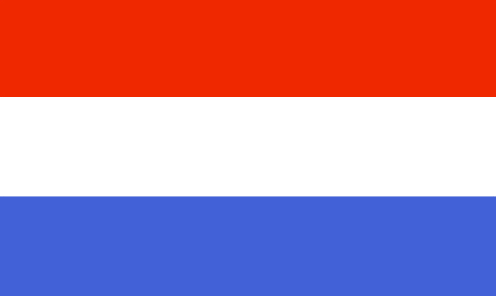Login form
Customs of Luxembourg
 Marriage and Family
Marriage and Family
Couples may postpone marriage until they are financially established or have achieved educational goals. Some couples choose to live together before marriage. Only civil marriages are recognized by law. To be married in a church, a couple must present a certificate proving they have been legally married by civil authority. A reception for acquaintances and friends may follow a civil wedding, while a dinner for close friends and relatives traditionally follows a church ceremony.
Parents still exert influence on the social and professional choices of their children, and are required by law to pay for their children’s education. Conversely, adult children are required to meet certain financial obligations of their parents, if necessary. However, over the past decade traditional family ties have been somewhat weakened as more and more young people travel abroad for study or employment, although bonds are maintained through family gatherings and celebrations. Families are usually small, averaging fewer than two children. Many women work outside the home, accounting for 42 percent (2005) of the labor force. If working women have young children, they may call upon grandparents to care for them during the day. Child-care facilities are also available. More than 60 percent of all families own the houses or apartments in which they live.
Eating
Although influenced by French and German traditions,
Breakfast is usually eaten between 7 and 9 am, lunch at noon, and dinner around 7 pm. Some people have coffee around 4 pm. The main meal of the day was traditionally at midday, but for most people who work, lunch is light and dinner is now the main meal. For a family meal, dishes are placed on the table so everyone can help themselves. When guests are present, each person’s plate is usually prepared in advance. Hosts expect their guests to ask for or have second helpings, and may feel offended if they do not. Both hands, but not the elbows, are kept above the table at all times. It is considered improper to have one’s hands resting in the lap during a meal.
Socializing
A gentle handshake is most common and most appropriate in greeting acquaintances and when meeting someone for the first time. Close female friends may hug three times. Other close friends who have not seen each other for a long time may kiss each other’s cheeks three times. Polite inquiries about a friend’s health or a colleague’s work might accompany a greeting. The most common verbal greetings in Luxembourgisch include Moien (“Morning”), Gudden Owend (“Good evening”), and Wéi geet et? (“How are you?”). Also common is Bonjour, French for “Good day.”
Upon parting, one might say Äddi (a casual “Goodbye”) or the more formal Au revoir. Young people tend to use Salut or Ciao as a quick goodbye. Friends and acquaintances also use longer phrases, such as Bis eng aner Kéier or Bis häno, both of which roughly mean “See you later.” Äddi, bis mar (“Until tomorrow”) is used when appropriate.
Friends and relatives address each other by first names or nicknames, while acquaintances use titles and surnames. High-ranking persons may be addressed by more than one title, such as Här Minister (“Mr. Minister”), with or without the surname.
Most visits are prearranged, usually by invitation. Good friends visiting a couple who have just moved into a new home bring bread, salt, and a bottle of wine to wish them well. Guests invited for dinner normally take a small gift. Among younger people, the guests might bring dessert. People are seldom invited to the home to discuss business. Such matters are taken care of in offices, restaurants, or cafés.
Recreation
Cycling and walking are popular; part of the famous Tour de France bicycle race passes through
Holidays and Celebrations
In addition to some national holidays, several religious holidays are celebrated in
Religious holidays include Shrove Tuesday (February), Easter (including Monday), Ascension, Whitmonday, Assumption (15 August), All Saints’ Day (1 November), All Souls’ Day (2 November), and Christmas (24-26 December). Christmas and Easter are the most important holidays.
At Easter, young children take part in a tradition called klibbere goen. According to legend, all church bells go to
Christmas celebrations begin weeks before the actual holiday. Some time before 6 December, small children place a shoe outside their bedroom before bedtime and expect to receive a piece of chocolate from Saint Nicholas (Kleeschen) if they have been good. Otherwise, they might receive a birch twig from his helper, Housecker. Then, on 6 December, Kleeschen visits “good” children and brings them gifts. Small parades are often held in various cities to celebrate the event. On Christmas Eve, families have a large meal, and Catholics go to Mass. Almost all families have a tree in the home, and many have a nativity scene. Christmas Day (25 December) is a family day.
Carnaval is celebrated in the spring in many cities. There are also wine fairs, arts festivals, and festivals to mark historical events.
Source: Encarta Interactive World Atlas

